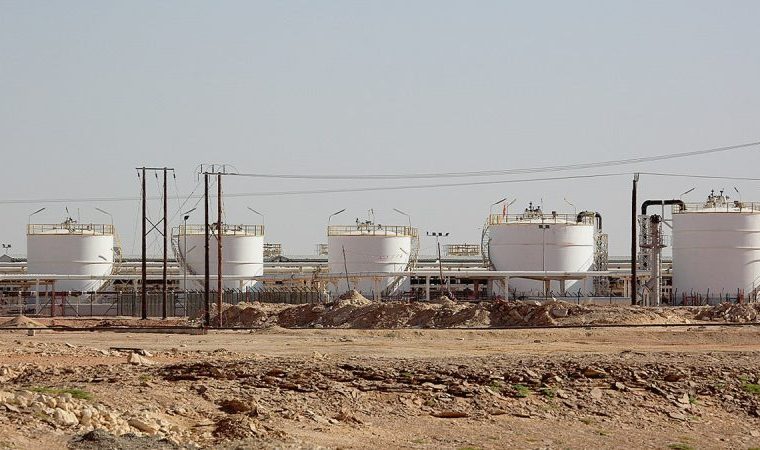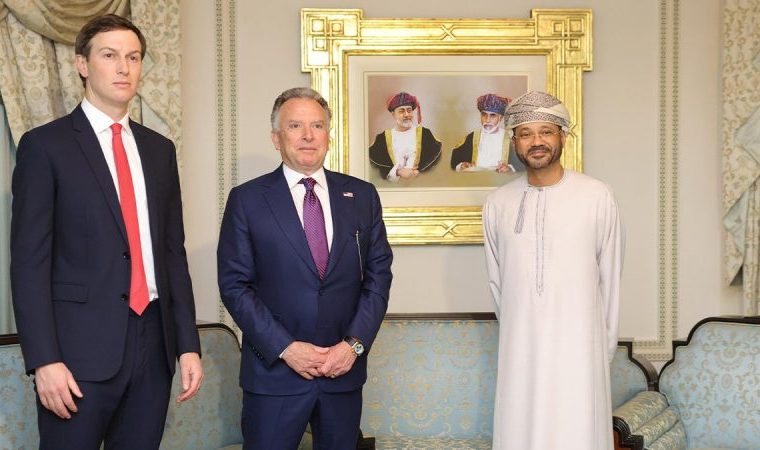
I went to 2+ climate change sessions at the ASSA meetings
Peter Coy on the ASSA meetings (How the Coachella of Economics Can Survive Covid) (emphasis added):
The annual three-day meeting is the Coachella of economics. It’s a be-in and a teach-in. In place of music, art and other earthly delights, there are PowerPoint presentations featuring innovations in econometrics. Nobel laureates rub shoulders with future ones. In any given time slot there might be 60 simultaneous sessions on how economics can fight climate change or reduce income inequality or help people save for retirement or rein in the tech giants.
I went to three climate change sessions:
The first was a 5 loosely connected paper no discussant AEA session that I chaired on the first day. This format is something the AEA was trying to try to boost participation. The authors had heady affiliations but they were all relatively new and (much) younger than me. One of the authors got in late because of flight problems so were were left with 4 papers. We went from a 20 minute presentations with 20 minute Q&A at the end format to a 20 minute presentations followed by 10 minutes of Q&A format. The session was well attended and each of the authors had a good paper/presentation and kept to the time constraints. I vaguely understood one of the papers. The second was an AERE sponsored session on the social cost of carbon. It covered the work behind this paper and it was great. I vaguely understood the whole thing. One of the guys sitting next to me fell asleep. The third was a Sunday 8am AEA session that started late because “someone was at some breakfast” (maybe not a totally accurate quote). I left and went to my backup session(s) where I heard a couple of interesting papers. I made it back to the climate session to hear a talk on a social cost of carbon where 2 huge names were co-authors on the paper. This paper was dated and disappointing. The contrast between the latter two sessions reminds me to venture outside an AERE sponsored session to hear environmental economics at a general economics conference with caution.Also this shout out to the SBCA (emphasis added):
For economists, this is heaven itself. In a typical year the annual meeting of the Allied Social Science Associations used to draw around 13,000 of them, of which about 30 percent represented institutions outside the United States. The American Economic Association was and is the anchor organization. There are 64 other participating organizations, including the African Finance and Economics Association, the Association of Christian Economists, the Society for Benefit-Cost Analysis and the Union for Radical Political Economics.
I also attended the lone SBCA session on addiction and had dinner with the past-president (oyster po boy at the Acme Oyster Bar — $24.99 with no sides). The SBCA recently met the membership threshold to have an ASSA session and it was a good one and better attended than some of the random ASSA sessions I wandered in to.




